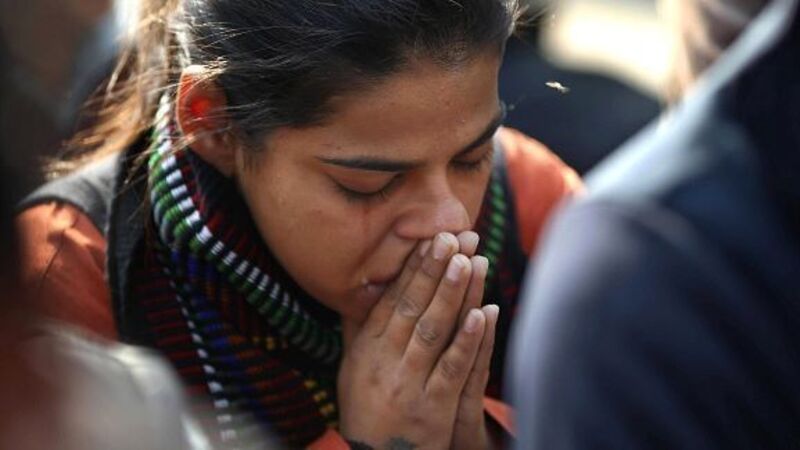Indian bus rapist blames his victim

Instead, the 23-year-old should have remained silent, said Mukesh Singh, who was driving the bus. “Then they would have dropped her off after ’doing her’,” he said in the documentary being released next week. The filmmakers released transcripts of the interview, which was recorded in 2013, yesterday.
Singh and three other attackers were convicted in a fast-track court in 2013. The appeals against their death sentences are pending in the Supreme Court.














